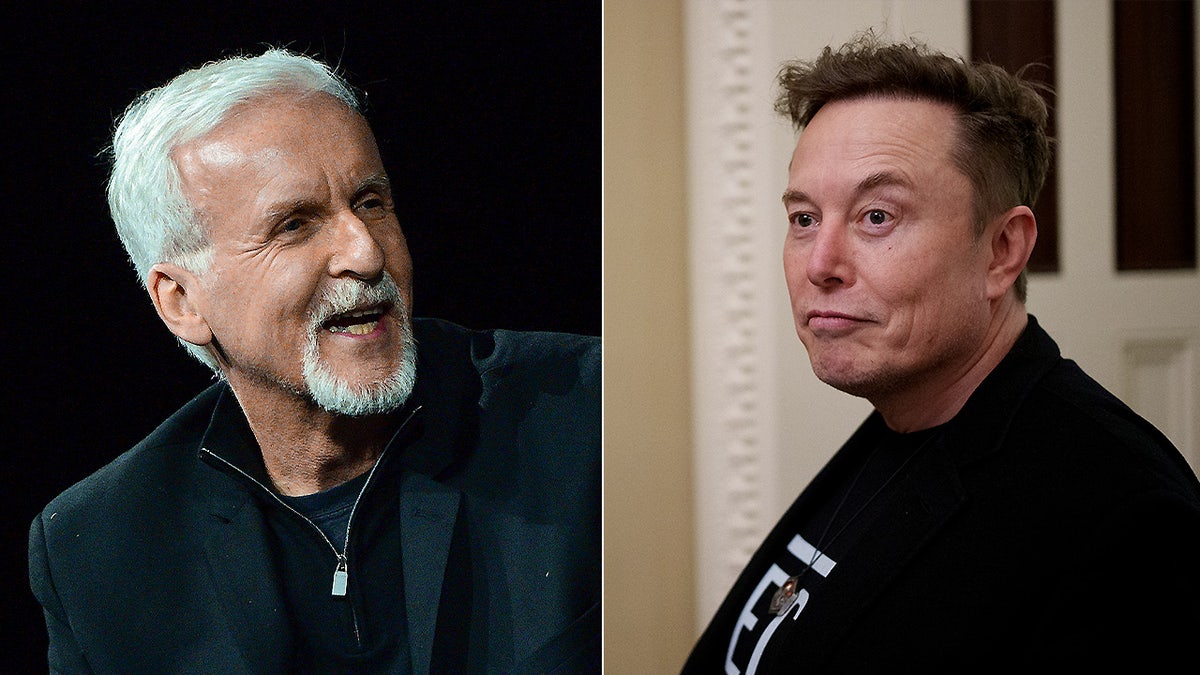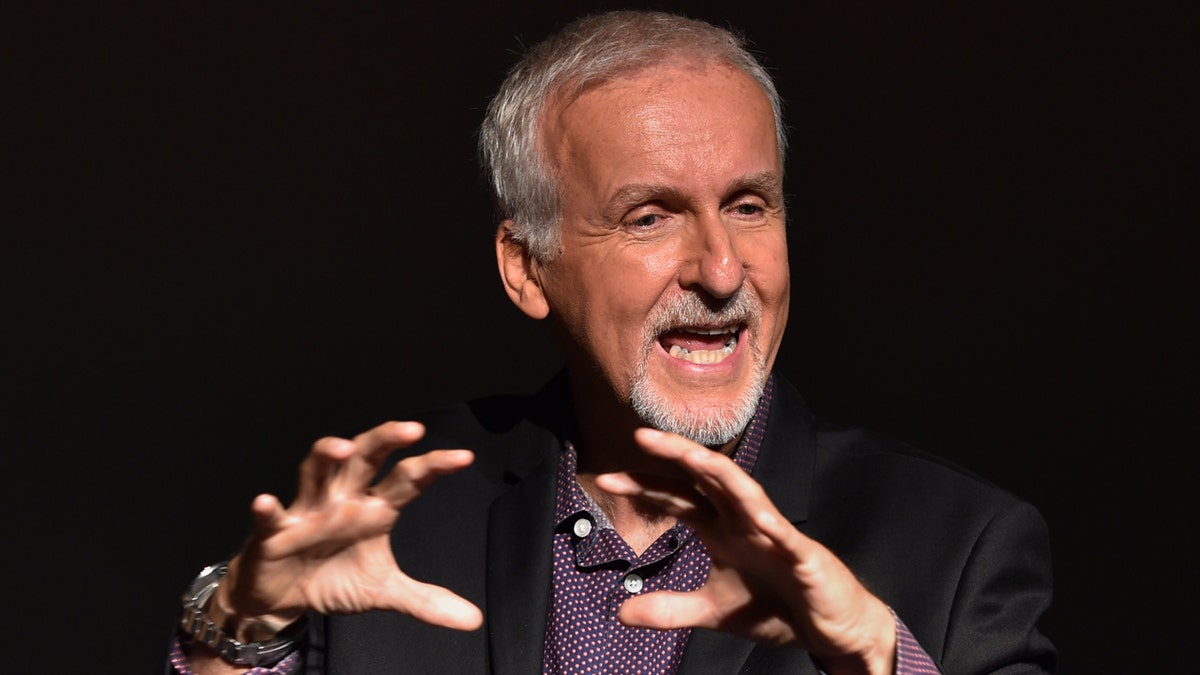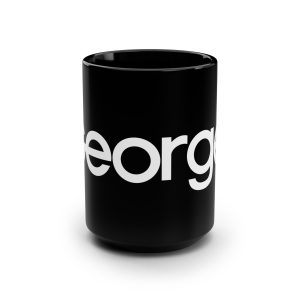
NEWYou can now listen to Fox News articles!
Hollywood director James Cameron said in an interview posted Tuesday that he can still work with Tesla and SpaceX owner Elon Musk, despite their political differences.
In an interview with Puck’s “The Town” podcast, the Hollywood liberal and director of “Titanic” and “Avatar” said he can still remain friends and collaborate with the former advisor to President Donald Trump as long as their goals align on priorities higher than politics, like artificial intelligence and space travel.
“I can separate a person and their politics from the things that they want to accomplish if they’re aligned with what I think are good goals,” Cameron said.
TRUMP ADMINISTRATION EXPANDS EFFORTS TO STOP CHRISTIAN VIOLENCE IN NIGERIA WITH AID THREAT

In a new podcast interview, filmmaker James Cameron said he could still work with SpaceX owner Elon Musk on science and tech issues despite their political differences. (Vivien Killilea/Getty; Andrew Harnik/Getty)
Cameron has known Musk for years, with the two sharing a passion for science and tech, including space travel. In an interview with NBC News in 2011, Cameron had pointed to Musk as the man who would spearhead humanity’s space faring efforts in the future.
“Elon is making very strong strides. I think he’s the likeliest person to step into the shoes of the shuttle program and actually provide human access to low Earth orbit. So… go, Elon!,” Cameron told NBC at the time.
Musk has become a pariah in liberal circles in recent years after becoming a Trump supporter. He was appointed as a senior advisor in the Trump administration and was head of the now-defunct Department of Government Efficiency.
Cameron has also had much to say condemning Trump over the years. In February, the filmmaker said that under Trump, he sees the U.S. turning “away from everything decent.”
He said, “America doesn’t stand for anything if it doesn’t stand for what it has historically stood for. It becomes a hollow idea, and I think they’re hollowing it out as fast as they can for their own benefit.”

Hollywood filmmaker James Cameron previously said President Donald Trump’s re-election showed America is turning “away from everything decent.” (Stan Honda/AFP via Getty Images)
Despite his liberal leanings, Cameron wasn’t so quick to condemn Musk while speaking to Puck, saying that coming together despite differences for the betterment of humanity is important.
“I just think it’s important for us as a human civilization to prioritize—we’ve got to make this Earth our spaceship. That’s really what we need to be thinking,” he said.
Musk and Cameron have warned that artificial intelligence will significantly alter humanity.
Speaking at the U.S.-Saudi Investment Forum last week, Musk predicted that money and work may not be relevant in the future.
“If you go out long enough, assuming there’s a continued improvement in AI and robotics, which seems likely, the money will stop being relevant at some point in the future,” he said.
During his interview with Puck, Cameron went deeper, speaking on the crisis that this type of AI revolution could bring about.
CLICK HERE FOR MORE COVERAGE OF MEDIA AND CULTURE

James Cameron, right, and Jon Landau hold the Oscars for Best Picture for the film “Titanic” at the 70th annual Academy Awards at the Shrine Auditorium in Los Angeles, March 23, 1998. (Reed Saxon, File/AP Photo)
“Because the overall risk of AI in general… is that we lose purpose as people. We lose jobs. We lose a sense of, ‘Well, what are we here for?’” he said. “We are these flawed biological machines, and a computer can be theoretically more precise, more correct, faster, all of those things. And that’s going to be a threshold existential issue.”
Subscribe to George Magazine and unlock exclusive bonuses. Your subscription now includes a free crypto essentials guide and three premium downloadable images. These images are perfect for personal use as desktop or mobile backgrounds, with thumbnail previews shown below.




Discount Applied Successfully!
Your savings have been added to the cart.